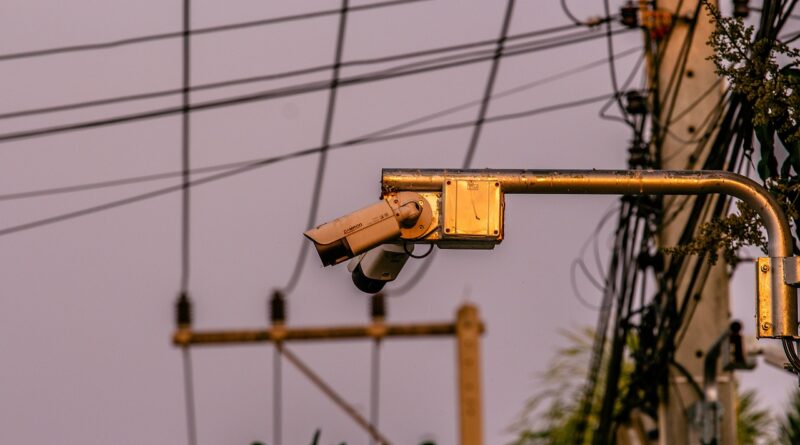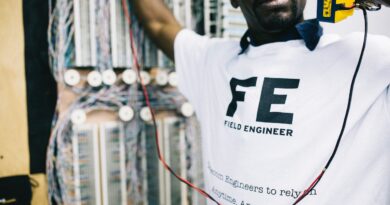Protect Your Home: Top Tips for Successful Electrical Safety Inspections
Introduction
We understand the importance of keeping your home safe. Electrical safety is a critical aspect of maintaining a secure and comfortable living environment. In this article, we will provide you with valuable insights and expert tips for conducting successful electrical safety inspections in your home. By following these guidelines, you can ensure the well-being of your loved ones and protect your property from potential hazards.
Why Conduct Electrical Safety Inspections?
Electrical safety inspections are essential for several reasons. Firstly, they help identify any existing or potential electrical hazards within your home. This proactive approach allows you to address issues before they escalate into dangerous situations. Additionally, regular inspections can help you comply with local regulations and insurance requirements, ensuring that your home is up to code.
Hiring a Professional Electrician
While some homeowners may attempt to conduct electrical inspections themselves, it is highly recommended to hire a professional electrician. Licensed electricians possess the expertise and knowledge required to identify potential electrical hazards accurately. They can assess your home’s electrical systems comprehensively and provide valuable recommendations to enhance safety.
The Importance of Regular Inspections
Regular electrical safety inspections are crucial to maintaining a secure living environment. We recommend scheduling inspections annually or whenever you notice any signs of electrical problems. By doing so, you can prevent potential hazards such as electrical fires, shocks, or power surges.
Essential Areas to Inspect
During an electrical safety inspection, it is vital to assess various areas and components of your home’s electrical system. Here are some key areas to focus on:
1. Wiring Systems
Inspecting your home’s wiring systems is fundamental to ensuring electrical safety. A professional electrician will examine the condition of your electrical wires, checking for any signs of wear, fraying, or damage. They will also evaluate the adequacy of the wiring system for your power needs and recommend any necessary upgrades.
2. Electrical Panels
The electrical panel is the heart of your home’s electrical system. During an inspection, an electrician will evaluate the panel’s condition, check for proper labeling, and ensure that circuit breakers are functioning correctly. They will also verify that the panel’s capacity matches your electricity usage to prevent overloading.
3. Outlets and Switches
Faulty or outdated outlets and switches can pose significant safety risks. A thorough inspection will involve checking these devices for loose connections, overheating, or signs of damage. Electricians will also ensure that GFCI (Ground Fault Circuit Interrupter) outlets are installed in appropriate areas, such as kitchens and bathrooms, to protect against electrical shocks.
4. Lighting Fixtures
Inspecting your lighting fixtures is essential to identify potential fire hazards. Electricians will examine the condition of light sockets, bulbs, and wiring to ensure they are properly installed and functioning safely. They will also recommend energy-efficient lighting solutions to help you reduce electricity consumption.
5. Grounding System
A robust grounding system is crucial for electrical safety. During an inspection, electricians will assess the effectiveness of your home’s grounding system, which helps protect against electrical surges and prevents the risk of electrocution. They will check the grounding electrode, grounding conductors, and bonding jumpers to ensure proper functionality.
Additional Safety Tips
In addition to regular electrical inspections, implementing these safety measures can further enhance the well-being of your home:
1. Avoid Overloading Circuits
Ensure that your electrical circuits are not overloaded by plugging too many appliances or devices into a single outlet. Distribute your electrical load evenly throughout your home to prevent overheating and potential fire hazards.
2. Practice Proper Outlet Usage
Never force a plug into an outlet that does not fit properly. Loose or damaged outlets can cause electrocution or electrical fires. If you notice any issues with your outlets, contact a professional electrician to address the problem promptly.
3. Keep Electrical Equipment Away from Water
Water and electricity are a dangerous combination. Keep electrical appliances and cords away from water sources to minimize the risk of electrical shock. Ensure that your bathrooms and kitchen have GFCI outlets installed for added protection.
4. Install Smoke Detectors
Smoke detectors are essential for early detection of fires. Install smoke detectors on every level of your home, particularly in sleeping areas. Regularly test the detectors to ensure they are in proper working condition.
5. Educate Your Family
Teach your family members, especially children, about electrical safety. Emphasize the importance of avoiding electrical hazards, such as sticking objects into outlets or playing with electrical cords. By fostering awareness and responsible behavior, you can create a safer environment for everyone.
Conclusion
Prioritizing electrical safety inspections is crucial for protecting your home and loved ones. By hiring a professional electrician and following the tips outlined in this article, you can maintain a secure living environment free from electrical hazards. Remember, prevention is key when it comes to electrical safety, and regular inspections play a significant role in mitigating potential risks.




